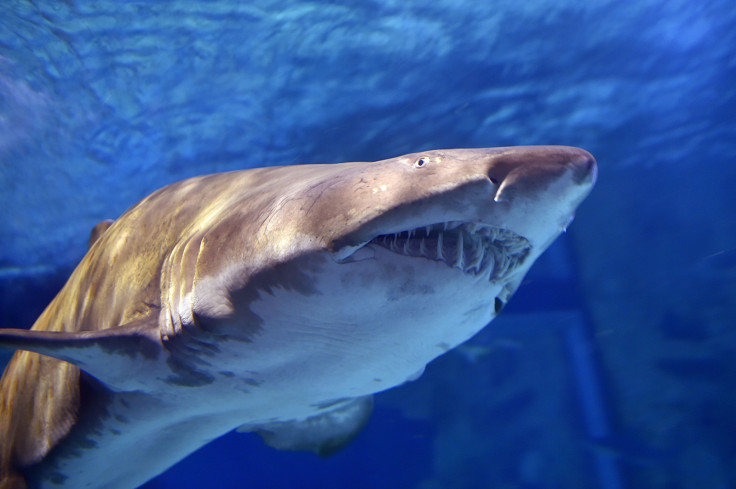A cull won't stop sharks attacking humans – so what can?
Calls to cull sharks have increased since a teenager was killed in an attack in April.

An Australian scientist has spoken out against shark culling, amid calls to reduce and control the population after a teenager was killed in an attack.
Speaking at a Senate inquiry into shark attack prevention in Ballina in New South Wales, Bond University Associate Professor Daryl McPhee told AAP there was little evidence to prove culling reduced attacks.
McPhee said the "dismal failure" of the NSW government's shark barriers on the north coast proves there's no "magic bullet" when it comes to stopping shark attacks.
A shark barrier trial at two beaches on Australia's north coast was called off last year after barriers failed to withstand rough conditions.
"There is a proportion of people who oppose a cull but feel safer knowing there are shark nets or drum lines there – which are in fact culling tools," McPhee said.
Australia is considering proposals to curb shark attacks after teenager Laeticia Brouwer was fatally attacked by a shark in April while surfing in Western Australia. There have been 15 fatal attacks in the WA region since 2000 – and as attacks are reported, calls to cull sharks increase.
The number of shark attacks in Australia, both fatal and non-fatal, has risen over the past 100 years – and every attack is a tragedy. However, the rise in attacks is consistent with Australia's population growth. Moreover, Western Australia has the fastest population growth of any Australian state. With more people swimming in the sea, the likelihood of a shark attack increases.

There is little evidence to suggest shark culling is effective. When culls were carried out in Hawaii between 1959 to 1976, more than 4,500 sharks were killed and yet there was no significant fall in the number of shark bites recorded.
Many scientists have pointed out that culling sharks is more of an emotional pre-emptive action which makes us feel safer, but doesn't actually protect us. There are many downsides to shark culling, from moral issues to protecting our oceans. Sharks are essential for healthy oceans because they play a vital role as top predators in the marine food chain, so they are critical to maintain a balanced ecosystem in our seas.
There are several ways scientists are attempting to protect beachgoers and keep sharks at arms length.
Shark shields
A shark shield is a wearable shark deterrent which repels great white sharks by emitting an electromagnetic pulse which causes uncomfortable muscle spasms in sharks that swim too close.
Research published in the journal Plos One in July 2016 found the device does make sharks keep their distance, after analysing more than 300 shark encounters – and 41 white sharks – off Mossel Bay in South Africa.
Shark tagging
Western Australia has tagged more than 300 sharks with transmitters that locate the sharks and send out tweets if they are near a popular surfing area or beach.
Some scientists have backed the use of satellite-linked technology as an early warning system when sharks swim close to populated beaches.
Take personal precautions
Shark attacks are random events, but there are several tips which could help reduce the likelihood of an attack.
According to the University of Florida's Natural History Museum, you are more likely to encounter sharks at certain times of day and sharks are most active at twilight and in the dark. Avoid spots that large sharks are known to frequent.
Shark nets
Other measures include shark nets, which are stretched through the water to try and separate swimmers from the creatures.
Although the nets are relatively successful, a government report found hundreds of other marine animals – including threatened species – were caught and killed in the netting.
Drum lines
Drum lines are aquatic traps which use baited hooks to lure and capture sharks. Larger sharks and shot and smaller ones are normally released, which has led to widespread criticism from animal rights activists.
Environmentalists are attempting to list the use of drum lines as threats to endangered species under federal law.
However, New South Wales has trialled hi-tech drum lines to allow sharks to be hooked, tagged and released further out to sea – rather than killed.
© Copyright IBTimes 2025. All rights reserved.






















